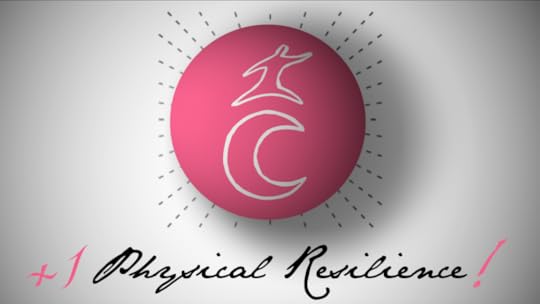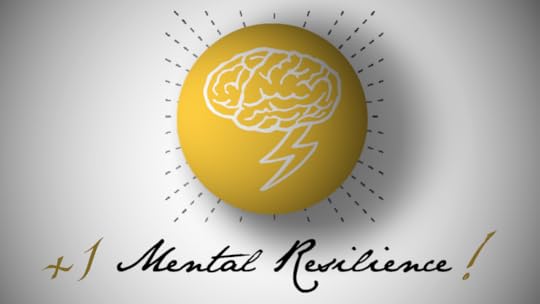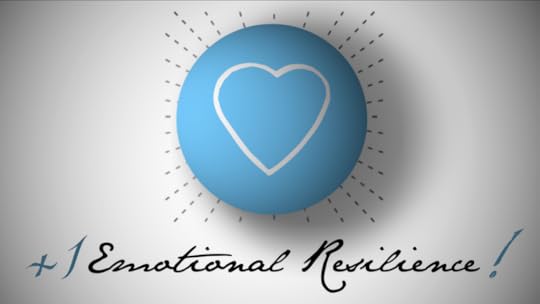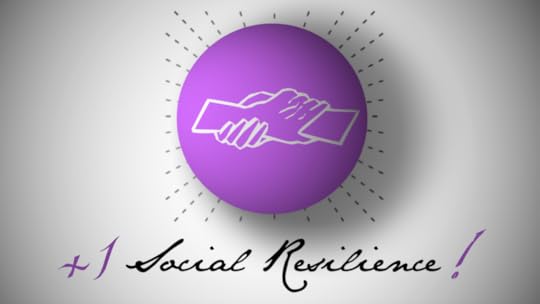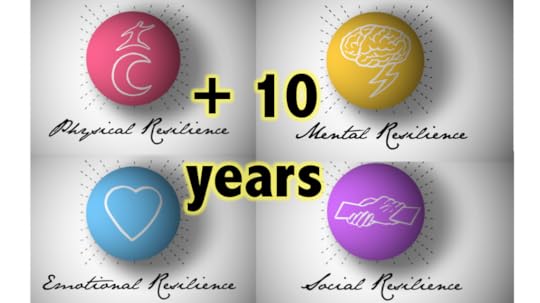SuperBetter: Show Me the Science!
Looking for the research behind SuperBetter Chief Creative Officer Jane McGonigal’s SXSW, Games for Health, Games for Change, or TED Global talks? Good news: You’ve found it!
Haven’t seen any of these talks yet? You can listen to one right now: Download or stream the podcast of Jane’s 2012 SXSW featured talk: A Crash Course in Getting SuperBetter. Or download the slides from Jane’s Games for Health keynote!
Curious for more breakthrough research? Join SuperBetter.com (it’s free) and explore the science in your Secret Lab! Watch videos, listen to mini-podcasts, or read our “level up” research summaries. And whenever you want to investigate further, you can access the original research yourself! We’ve curated more than 100 of our favorite scientific studies for you, on everything from “Lazy Exercise” to “The Science of Mindfulness”.
*
(TIP: The studies here are presented in the order they appear in the talks, so you can follow along with the online podcasts, videos or slides!)
WHAT WE REALLY REGRET ON OUR DEATHBEDS
A first-hand account from a hospice worker: “The most frequently expressed deathbed regrets.”
WHY WE WON’T REGRET GAMING
The Benefits of Playing Videogames With Your Kids
Research from Brigham Young University’s School of Family Life: “Game On: Associations Between Co-Playing Video Games and Adolescent Behavioral and Family Outcomes.”
Social Games are a Powerful Relationship Management Tool
Research from Michigan State University: “The ‘S’ in Social Network Games: Initiating, Maintaining, and Enhancing Relationships.”
Online Games Effectively Treat Clinical Anxiety, Depression, and Stress
Clinical trials and randomized controlled study from East Carolina University’s Psychophysiology Lab and Biofeedback Clinic: “The Efficacy of Prescribed Casual Video Games in Reducing Clinical Depression and Anxiety”; “EEG, HRV, and Psychological Correlates while Playing Casual Video Games”; “The Effectiveness of Casual Video Games in Improving Mood and Decreasing Stress”
Avatars Change Our Real-Life Behavior
Research from Stanford University’s Virtual Human Interaction Lab: “Doppelgangers: A New Form of Self”; “The Use of Doppelgangers to Promote Health Behavior Change”; “The Proteus Effect: Implications of Transformed Digital Self-Representation on Online and Offline Behavior”; “The Proteus Effect: Self-Transformations in Virtual Reality”
Games Increase Creativity in Kids
Findings from the Children and Technology Project at Michigan State University: “Videogame playing tied to creativity” (summary) and full research paper.
Even Violent Games Improve Real-Life Cooperation Skills
“Violent Gaming Leads to Cooperation, Not Aggression” (summary) and full research paper (academic log-in required); “Effect of Playing Violent Video Games Cooperatively on Subsequent Cooperative Behavior”
Games Help Us Tackle Tough Challenges With More Determination
“Brain Changes in Videogamers”; “A Neurologist Makes the Case for Videogames”; “The Neural Basis of Videogaming”; “Dopamine Levels May Determine Work Ethic”
Games Increase Self-Efficacy
The Hope Lab/Re:Mission Case Study: “Your Brain on Re:Mission”; “A Video Game Improves Behavioral Outcomes in Adolescents and Young Adults with Cancer”; “Interactivity and Reward-Related Neural Activity during a Serious Videogame”
RESILIENCE AND POST-TRAUMATIC GROWTH
Personal Resilience Can Be Increased
Review of research literature: “Seven Principles of Building Personal Resilience”
Post-Traumatic Growth is Possible
“An introduction to post-traumatic growth”; “Post-Traumatic Growth in Young Adults”; “Who Am I Now? Helping Trauma Clients Find Meaning, Wisdom, and a Renewed Sense of Self”; “Assessing Strengths, Resilience and Growth: The Guide to Clinical Interventions”; “The Post-Traumatic Growth Inventory: Measuring the Positive Legacy of Trauma”; “Does Self-Reported Growth Reflect Genuine Positive Change?”
PHYSICAL RESILIENCE
Sitting Still is Dangerous
Data presented at the American Institute for Cancer Research: “The new science of ‘Sitting disease’”
Brief Physical Activity Improves Physical Resilience
Review of the scientific literature: “Brief Bouts and Baby Steps for Physical Health”
Research from the NIH: “Exercise Dose and Quality of Life”; “Little Exercise, Big Effects”
MENTAL RESILIENCE
Willpower is Like a Muscle
Published in Current Directions of Psychological Research: “The Strength Model of Self-Control”
Review of the research literature: “The Science of Willpower”
Realistic Optimism is a Strength
Published in American Psychologist: “In Search of Realistic Optimism”
Published in Personality and Individual Differences: “Mental Toughness, Optimism, Pessimism, and Coping Among Athletes”
EMOTIONAL RESILIENCE
Frequent Positive Emotion Improves our Odds of Success
Research from the American Psychological Association: “The Benefits of Frequent Positive Affect: Does Happiness Lead to Success?”
Positive Emotion Increases Creativity, Social Support
Research from the Review of General Psychology: “What Good are Positive Emotions?”
Positive Emotion Boosts Physical Health
Research from the NIH: “Psychological Resilience and Positive Emotion”’
Research from the American Psychological Association: “Does Positive Affect Influence Health?”
Positive Emotion Supports Neural Growth
Research from the American Psychological Association: “Perspectives from Affective Neuroscience”
The Tipping Point for Positive Emotion is 3:1
Research from University of Michigan: “The broaden-and-build theory of Positive Emotion”
SOCIAL RESILIENCE
Social Relationships Make Us Stronger
Published in the Journal of Health and Social Behavior: “Social Relationships and Health: A Flashpoint for Health Policy”
Social Relationships Improve our Reaction to Stress
Research from the NIH: “Social Ties and Cardiovascular Function”
Touch for 6 Seconds to Boost Oxytocin
Review of the scientific literature: “How to Be Happier: Touch More”
Brief Touch Increases Trust Among Strangers
Research published in Evolution and Human Behavior: “Sacrifice Among Strangers is Mediated by Endogenous Oxytocin Release After Physical Contact”
RESILIENCE BOOSTS LIFE EXPECTANCY BY 10+ YEARS
Social Resilience Boosts Longevity
Published in PLOS Medicine: “Social Relationships and Mortality Risk: A Meta-Analytic Review”
Positive Emotion Boosts Longevity
Research published in Health Psychology: “”
Mental Resilience Boosts Longevity
From the NIH: “Optimism and Physical Health: A Meta-Analytic Review”
Published in the Impact Journal on Aging: “Positive Attitudes Toward Life and Emotional Expression as Personality Phenotypes for Centenarians”
Physical Resilience Boosts Longevity
Published in the International Journal of Epidemiology: “Non-vigorous physical activity and all-cause mortality: systematic review and meta-analysis.”


Jane McGonigal's Blog
- Jane McGonigal's profile
- 417 followers






